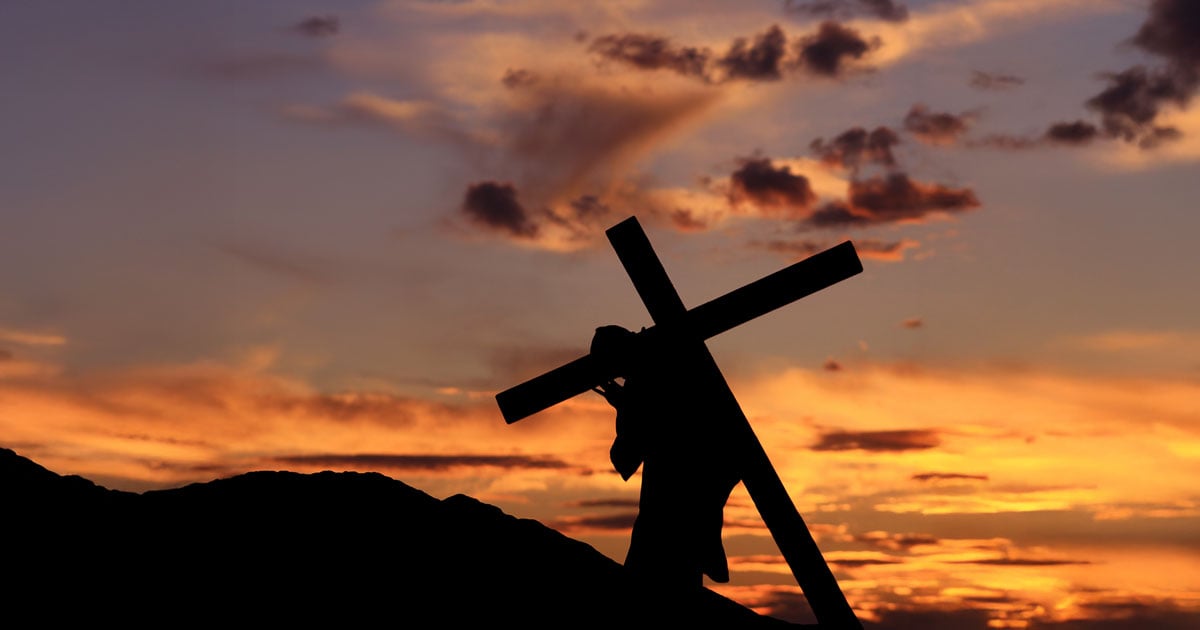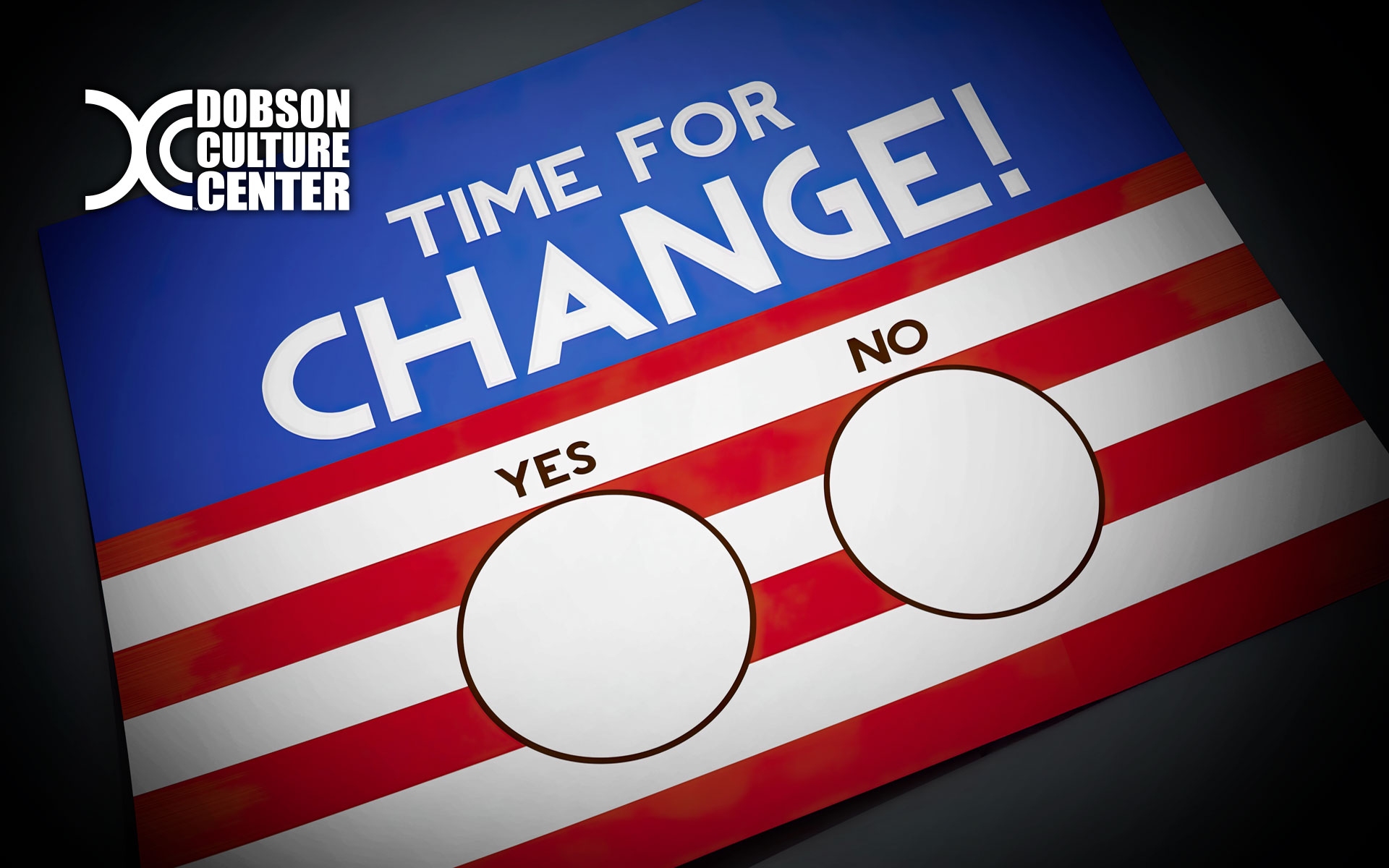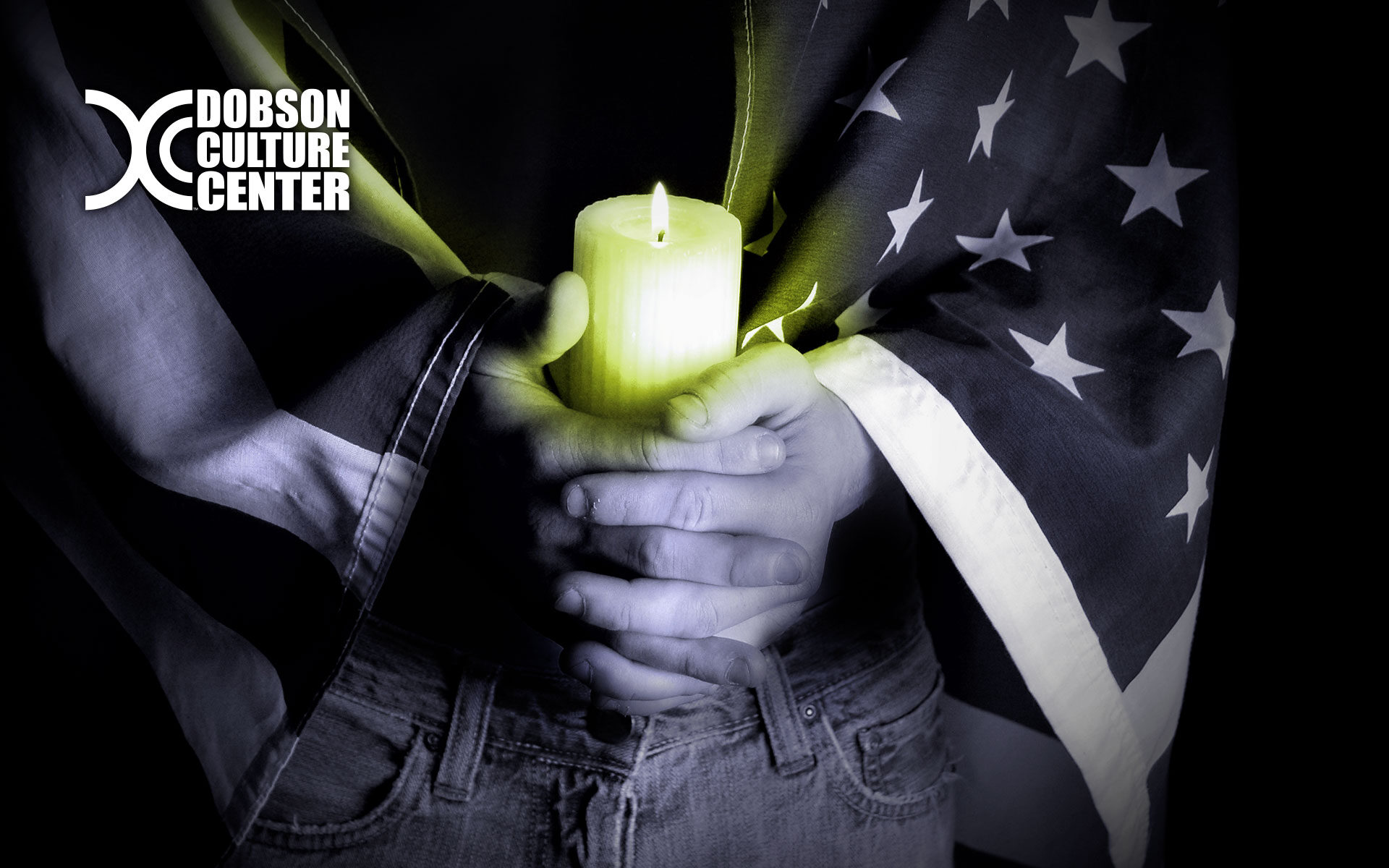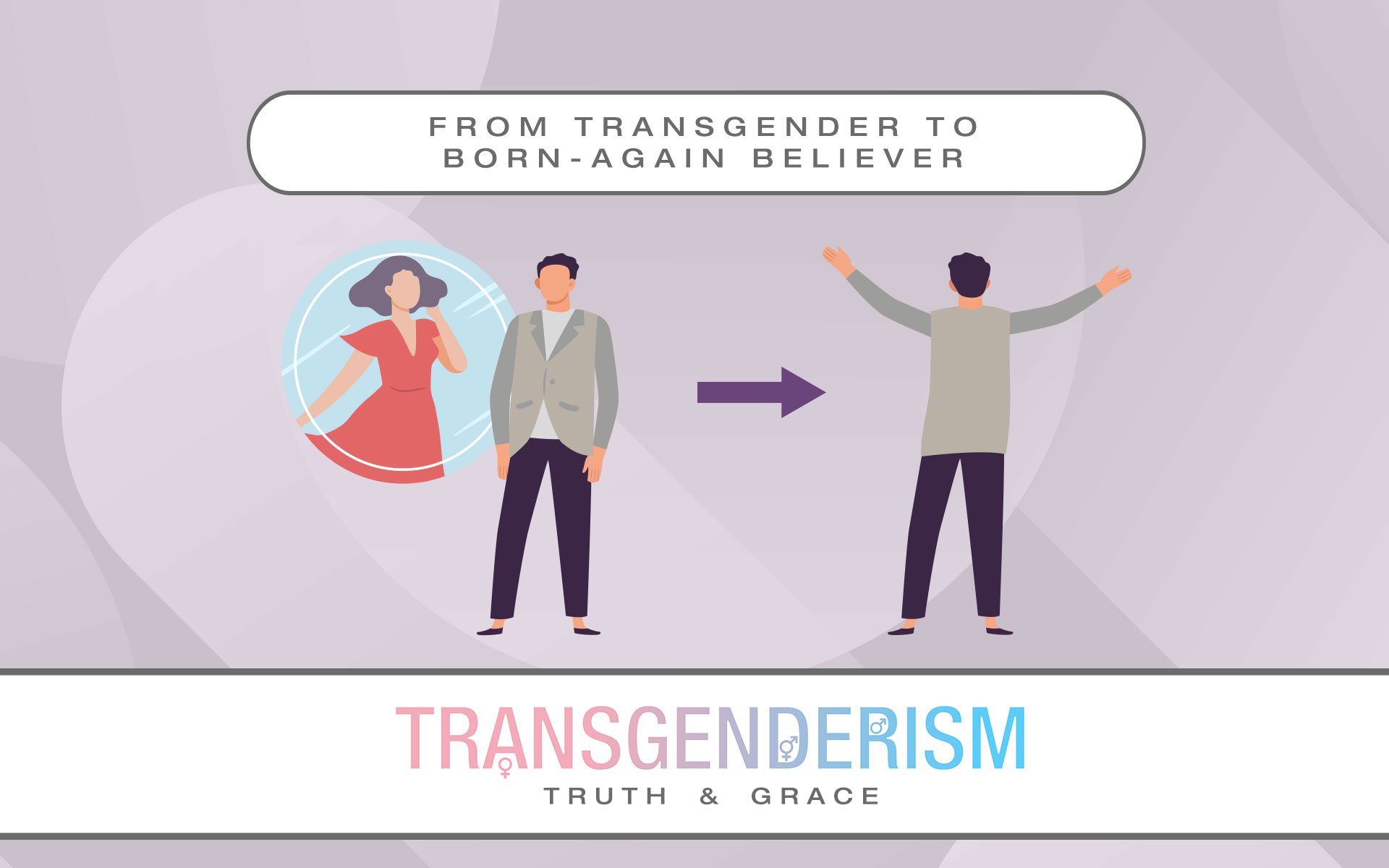According to Christianity Today, the American presidential election does not represent a "binary" choice. So argued Robert Postic in a Christianity Today essay entitled, "Voting Is Important to Me. That's Why, This Year, I Won't Vote."
In his article, Postic cited Dr. James Dobson in support of his position. Because of the issues at stake, and because of Postic's use of Dr. Dobson's words without the full context of his longstanding view, we at JDFI feel compelled to set the record straight.
First, with regard to our approach to voting, we disagree with Christianity Today. In terms of candidate platforms, the 2024 presidential election boils down to a binary choice. Yet Postic attempts to frame this election as being similar to finding a mate. "In choosing a spouse," he argues with questionable logic, "we are active in selecting the candidate pool—and anyway, choosing not to marry is a decision the Bible endorses. (1 Corinthians 7:39–40)."
We have perplexing choices to make in life—every husband sent to the grocery store knows this in abundance. However, the 2024 presidential election is no elusive quest for a spouse (or peanut butter). In our judgment, it is a binary choice because of policy. One major candidate has a record of support for unborn babies, religious liberty, the natural family, marriage, the free market, national border security, legal citizenship, and global peace through strength. The record of the other major candidate stands against these biblical principles. (See the JDFI 2024 Presidential Voter Guide.)
As Solzhenitsyn once observed, there is a line between good and evil that cuts through every human heart. But in 2024, we seem to have lost this moral clarity. In our day, we breathe post-truth air. Straightforward choices have become cloudy; good and evil are blurred. Postic's essay suffers from this confusion. Without specificity, he communicates vague concern over the "character" of presidential candidates.
At JDFI we care greatly about character, because the Bible emphasizes the need to do so (see Matthew 5:21-30; Galatians 5:22-23). Yet we must approach political decisions with great care, wisdom, and balance. A candidate's policies matter massively. So too does the nature of our decision: we are not electing a national pastor over America. We are electing a political leader.
While we long for perfect rulership, we cannot let ourselves fall prey to unrealistic idealism. We have only imperfect candidates to choose from. As I have argued elsewhere, we always face "the lesser of two evils," because Jesus is never on the ballot. Until Jesus makes the world perfect, we choose the best possible candidate.
Believers have long faced challenging binary decisions. Joseph navigated pagan Egypt and chose between following God or giving in to his desires of the flesh. Esther was involuntarily married to a pagan Persian king and chose between putting her life on the line to save the Jewish people or consigning them to death by remaining silent. Daniel dwelt in pagan Babylon and chose between honoring God or obeying godless decrees.
These biblical figures are not outliers. They are instructive examples. This is because, at its core, biblical faith is binary. Will we follow God or the devil? Will we love our neighbors or fail them? Will we stand for unborn babies targeted for death or stay silent? Will we stand against the mutilation of children through harmful operations and puberty blockers, or will we passively preserve the peace?
Will we support global peace through strength or leave tiny Israel to fight off one murderous terrorist group after another? Will we defend religious liberty or let it disappear? Will we honor secure national borders or stand by as our nation effectively collapses, with sex trafficking and drug running proliferating in the darkness? Will we honor marriage and the natural family, or let the opponents of God's design redefine these foundational institutions?
These are straightforward questions with straightforward answers. They remind us that—as Postic notes—we must live according to our conscience as Christians. Where Scripture does not speak, we must diligently practice humility and charity. Gray areas and hard questions abound. However, in response to Robert Postic and Christianity Today, we also proclaim this conviction: our conscience is not a moral free agent.
As Christians, we were bought with a price, the blood of the Son of God (1 Corinthians 6:20). This means that we live at all times under Christ's Lordship—intellectually, morally, spiritually, and politically. As such, our conscience must be steeped in Scripture. Like a lighthouse in my native Maine, beaming out a ray of warning and hope in a midnight Atlantic storm to embattled sailors, Christ's truth shines forth.
How we need it, for the world battles relentlessly against our Christian principles. They try to quiet the pulpit, mute the Christian ethic, and convince us that big government is our god. At JDFI we seek to free the church from its Washingtonian captivity. We hear the wise words of Dr. James Dobson in 2020: "This vote has awesome implications for future generations and the nation we love." Of voting, he concluded, "It is about the First Amendment, values, truth, greatness, and hope."
Dr. Dobson was right then, and his words ring with prophetic clarity today. Unlike some famous evangelicals, Dr. Dobson has spoken consistently over the years. He has not morphed or shifted, evolving from a conservative to a middle-way proponent as some have. Though Postic presents Dr. Dobson as sharing Postic's concerns over presidential character and endorsing a kind of "third-way" approach in 2007, his argument falls flat.
The context of the 2007 piece by Dr. Dobson that Postic cites is the possible nomination of a Republican candidate that would not support marriage, the unborn, and pro-family policies. As is clear from even a cursory read of Dr. Dobson's 2007 article, he centered his support of a given candidate in policy and platform, not vague personal concerns.
The record is clear: Dr. Dobson has steadfastly urged the church to vote in support of biblical principles. This was true in 2007, 2020, and today. We greatly need such courage afresh in these conflicted days. On November 5, 2024, we face a stark binary decision. In love borne of conviction, we at JDFI speak up, and urge the church to vote according to the biblical worldview.
We do so because this is not a time for opting out.
This is a time to stand and be counted.












